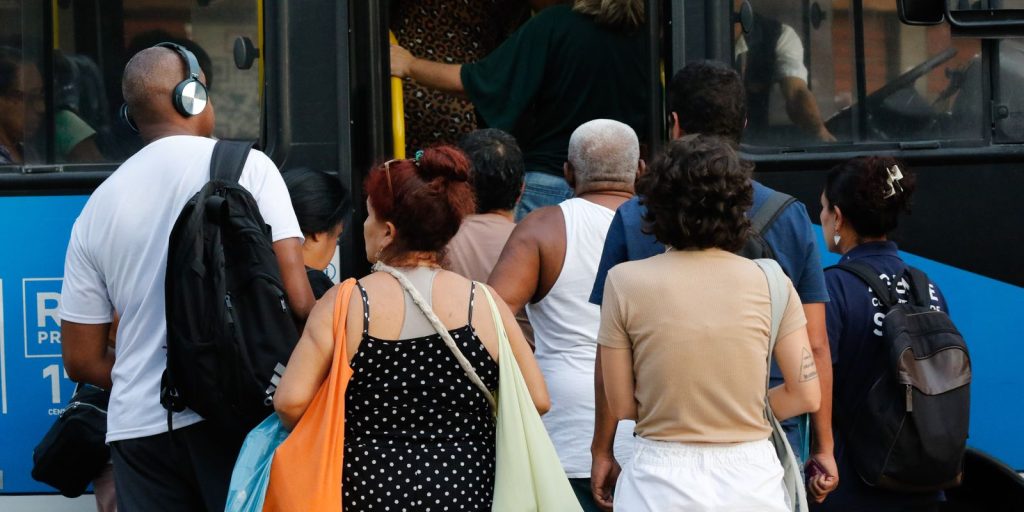The Ministry of Health and Social Protection of Colombia, through Resolution 2717 of 2024, has set the value of the Capitation Payment Unit (UPC) for the year 2025, with an adjustment of 5.36%.
(Read: 5.36% increase in UPC deepens health crisis and aggravates impacts on patients)
This figure, however, has generated strong concern in various sectors of the health field, especially in the Association of Pharmaceutical Research and Development Laboratories (Afidro), which warns about the impact that this decision will have on the health and quality of life of millions of patients with chronic and high-cost diseases in the country.
The union has indicated that the adjustment to the UPC does not adequately reflect the health needs of the Colombian population for next year. According to the association, The projected increase is insufficient and puts at risk the continuity of medical treatments, timely access to medications and, in general, the guarantee of the fundamental right to health of citizens.
(See more: Uncertainty in the health system by UPC calculation)
The UPC, which represents the amount that the State pays for each member of the health system, is crucial to finance medical care and the provision of medicines. Therefore, Any adjustment must respond precisely to the needs of the population.
In a study carried out in October 2024, Afidro together with Anif, revealed that to adequately cover the needs of the health system in 2025the UPC should increase by 16.4%.
(Read: Adres is preparing measures to regulate accident claims without Soat)
Health
iStock
However, The adjustment decided by the Ministry of Health is 11.4 percentage points below this figurewhich generates a mismatch between available resources and the real needs of the sector. This shortfall in funding threatens to create a cascading effect on health services and the quality of treatment that patients will receive.
(See also: Acemi says that the quality of health services requires a well-adjusted UPC)
Catalina Bello, director of access and sustainability at Afidro, expressed concern regarding “The lack of financial resources creates a short circuit in the entire drug supply chain, but the most serious impact falls on the quality of life of patients who do not receive their treatments or medications on time. From Afridro, we receive with concern the adjustment projected by the national government, since it does not correspond to the current reality of the Colombian health system. Health begins 2025 with a deficit of more than 19 billion pesos, a problem that is far from being solved with this decision”.
The study highlights that, due to insufficient resources, Patients could face delays in the delivery of essential medicines or even the interruption of ongoing treatments, seriously affecting their well-being. Chronic diseases, which require constant and expensive care, would be the most harmed by this adjustment.
(Read: Health reform: implications of considering it a statutory law)

Health
iStock
In this context, Afidro has called on the national government to open spaces for dialogue with the different actors in the health sector. The organization highlights the importance of finding consensus on the increases necessary to guarantee the sustainability of the health system and the protection of citizens’ rights.
(Read: ‘We need spaces where health system actors have a voice’: Abbvie)
Bello added that “It is very important to take measures to solve the financial crisis facing the Colombian health system and guarantee the right to health of millions of people in the country.”.
The lack of adequate adjustment to the UPC could result in greater inefficiency in service delivery and an increase in inequalities in access to health. The most vulnerable citizens, who depend on the public health system, would be the most affected, according to what they indicate.
(See: Andi estimates that the UPC should grow 16.9% by 2025, thus stabilizing the operation)
















